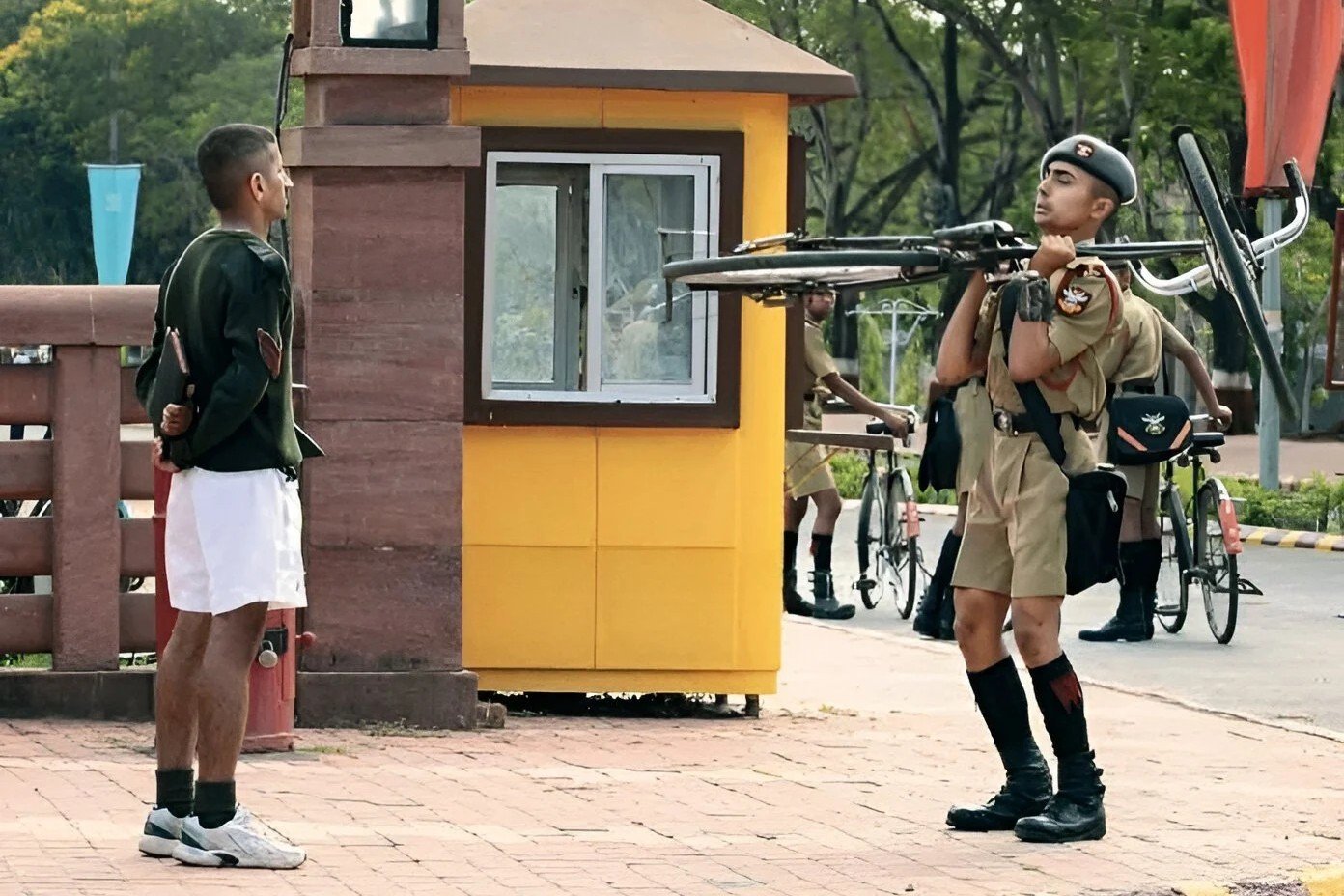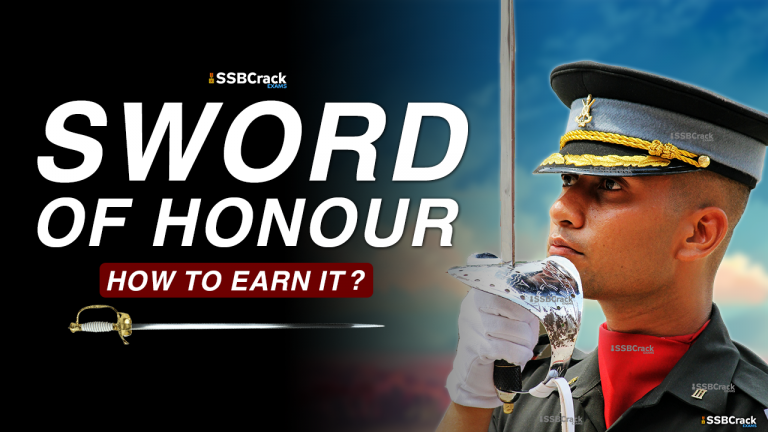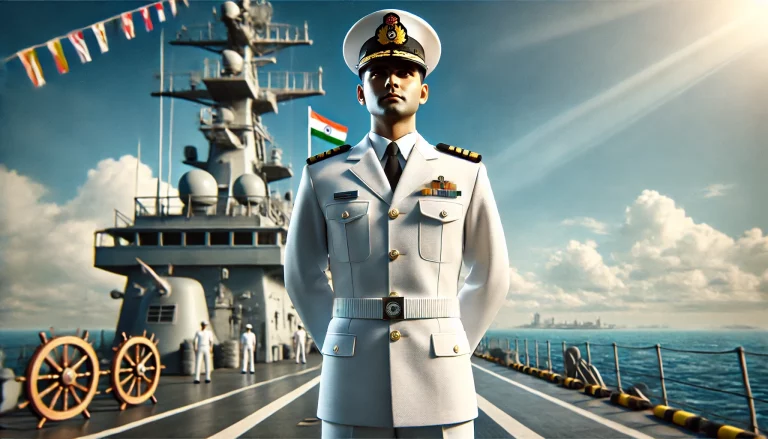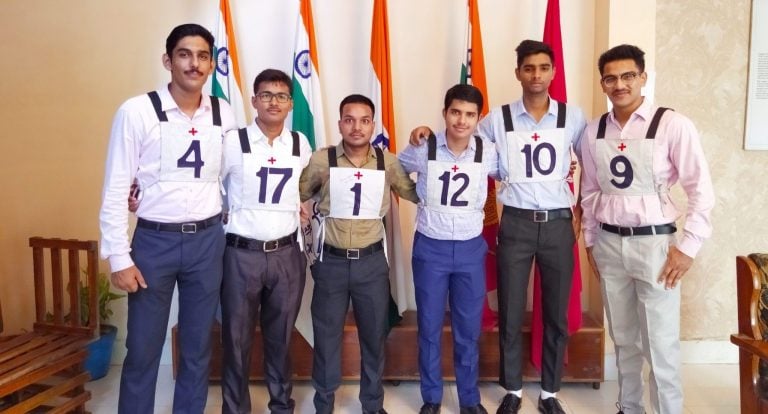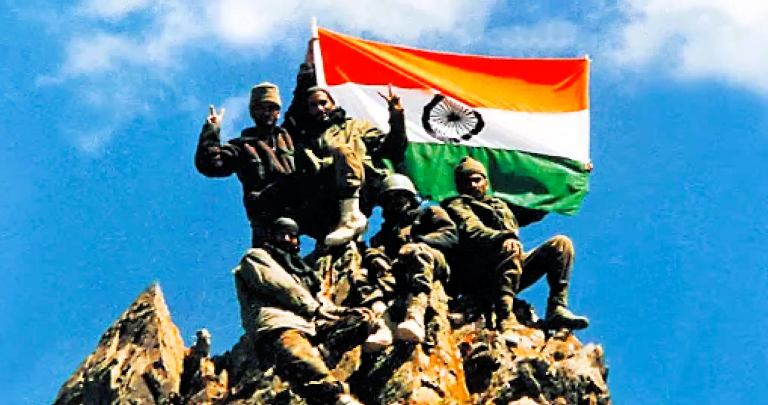The concept of “ragda” or “punishments” in the Indian Armed Forces, particularly within training academies, often evokes a mix of curiosity and concern. Unlike the conventional understanding of punishment as a moral reprimand, ragda serves as a unique aspect of military training designed to instill discipline, resilience, and camaraderie among cadets. This article delves into the various forms of ragda encountered in Indian military academies, exploring their significance, the experiences of cadets, and the underlying philosophy that governs these practices.
Understanding Ragda in Military Context
Ragda is not merely a punitive measure; it is an integral part of the training regimen that cadets undergo. The intent is to break down individual egos and foster a sense of unity within the group. This section will unpack the philosophy behind ragda and its role in shaping the character of future military leaders.
The Philosophy Behind Ragda
- Discipline and Order: The military thrives on discipline, and ragda serves as a tool to enforce this essential trait. Cadets learn the importance of adhering to rules and regulations, which is crucial for operational success in real-world scenarios.
- Resilience Building: Exposure to challenging situations through ragda helps cadets develop mental toughness. This resilience is vital for coping with the pressures of military life and combat situations.
- Camaraderie and Teamwork: Engaging in ragda fosters bonding among cadets. Shared experiences, even if challenging, create lasting friendships and a sense of belonging.
Types of Ragda
Ragda manifests in various forms, each with distinct objectives and methods. Below are some common types of ragda that cadets might experience during their training.
1. Physical Challenges
Physical challenges often form the core of ragda, pushing cadets to their limits. Examples include:
- Endurance Runs: Cadets may be required to run long distances under strict time constraints, fostering physical fitness and endurance.
- Obstacle Courses: Navigating through challenging obstacle courses helps develop agility and problem-solving skills under pressure.
2. Group Activities
Group activities are designed to enhance teamwork and communication. These can include:
- Team Drills: Cadets participate in synchronized drills that require coordination and teamwork, reinforcing the importance of working together.
- Group Challenges: Tasks that require collective effort, such as building structures or completing tasks within a time limit, promote collaboration.
3. Mental Challenges
Mental challenges are equally significant in the ragda experience. These may involve:
- Strategic Games: Engaging in war games or simulations that require strategic thinking and adaptability.
- Problem-Solving Exercises: Cadets face hypothetical scenarios that demand quick decision-making and critical thinking skills.
Experiences of Cadets
The experiences of cadets undergoing ragda can vary widely. While some may view these challenges as burdensome, many recognize their long-term benefits. This section explores the perspectives of cadets regarding ragda.
Cadet Testimonials
- Personal Growth: Many cadets report that ragda has been instrumental in their personal development. The challenges faced during training often lead to increased self-confidence and self-awareness.
- Building Lifelong Bonds: The shared hardships of ragda create strong friendships. Cadets often reminisce about their experiences, highlighting the bonds forged during these challenging times.
- Preparation for Real-Life Challenges: Cadets often express gratitude for the rigorous training, noting that it prepares them for the realities of military service, where they may face life-and-death situations.
Common Misconceptions
Despite the positive outcomes associated with ragda, misconceptions persist. Some people equate ragda with hazing or bullying, which is far from the truth. This section clarifies these misconceptions.
- Not Hazing: Ragda is structured and supervised, unlike hazing, which is often unregulated and harmful. The intent behind ragda is to build character, not to demean or humiliate.
- Focus on Development: The primary aim of ragda is developmental. It is about pushing cadets to exceed their limits, not about inflicting pain or suffering.
Official vs. Unofficial Punishments
In the context of ragda, it is essential to distinguish between official and unofficial forms of punishment. This section explores both aspects.
Official Punishments
Official punishments are sanctioned by military authority and are part of the training curriculum. They may include:
- Extra Drills: Cadets may be required to perform additional physical training sessions for minor infractions.
- Written Assignments: In some cases, cadets might be assigned additional academic work to reinforce learning.
Unofficial Punishments
Unofficial punishments, often referred to as “senior’s ragda,” can be more informal and vary widely in nature. Examples include:
- Physical Tasks: Cadets may be asked to perform unconventional physical tasks, such as crawling or rolling, often in humorous or light-hearted contexts.
- Creative Challenges: Engaging in fun, albeit challenging, tasks that encourage creativity and teamwork.
The Role of Seniors in Ragda
Seniors play a crucial role in the ragda experience. This section examines their influence and responsibilities.
Mentorship and Guidance
- Role Models: Senior cadets often serve as role models, demonstrating the values and behaviors expected in military life. Their involvement in ragda emphasizes the importance of mentorship.
- Support System: Seniors provide support and encouragement during challenging tasks, helping junior cadets navigate the rigors of training.
Balancing Authority and Compassion
Seniors must strike a delicate balance between authority and compassion. This section discusses this balance.
- Maintaining Discipline: While enforcing discipline, seniors must also recognize the individual needs of cadets, ensuring that ragda remains constructive rather than punitive.
- Fostering a Positive Environment: Creating a positive atmosphere during ragda is essential. Seniors should aim to make challenges enjoyable, reinforcing camaraderie.
The Impact of Ragda on Future Leaders
The experiences gained through ragda significantly influence the leadership qualities of cadets. This section explores the long-term impact.
Leadership Development
- Decision-Making Skills: The challenges faced during ragda enhance decision-making skills, preparing cadets for leadership roles in high-pressure situations.
- Emotional Intelligence: Cadets develop emotional intelligence by navigating the dynamics of teamwork and camaraderie, crucial for effective leadership.
Preparing for Real-World Challenges
- Coping Mechanisms: The resilience built through ragda equips cadets with coping mechanisms for the challenges they will face in their military careers.
- Adaptability: The diverse experiences during ragda foster adaptability, a vital trait for leaders in unpredictable situations.
Conclusion
In conclusion, ragda serves as a multifaceted tool within the Indian Armed Forces, designed to instill discipline, resilience, and camaraderie among cadets. While the challenges faced may seem daunting at times, the long-term benefits far outweigh the temporary discomfort. As cadets navigate the rigors of ragda, they emerge not only as trained soldiers but also as well-rounded individuals prepared for the demands of military leadership.
FAQs
- Is ragda similar to hazing?
- No, ragda is structured and aimed at personal development, unlike hazing, which is often unregulated and harmful.
- What types of challenges are included in ragda?
- Ragda includes physical challenges, group activities, and mental challenges designed to foster discipline and teamwork.
- How do seniors contribute to ragda?
- Seniors serve as mentors and role models, guiding junior cadets through the challenges of ragda while maintaining a supportive environment.
- What skills do cadets develop through ragda?
- Cadets develop decision-making skills, emotional intelligence, resilience, and adaptability, all crucial for effective leadership in the military.
- Is ragda beneficial for cadets?
- Yes, ragda is beneficial as it prepares cadets for the realities of military service, instilling essential life skills and fostering camaraderie.
This article provides a comprehensive overview of ragda, its significance, and its impact on cadets within the Indian Armed Forces. The insights shared here aim to demystify the concept and highlight its essential role in shaping future leaders.
